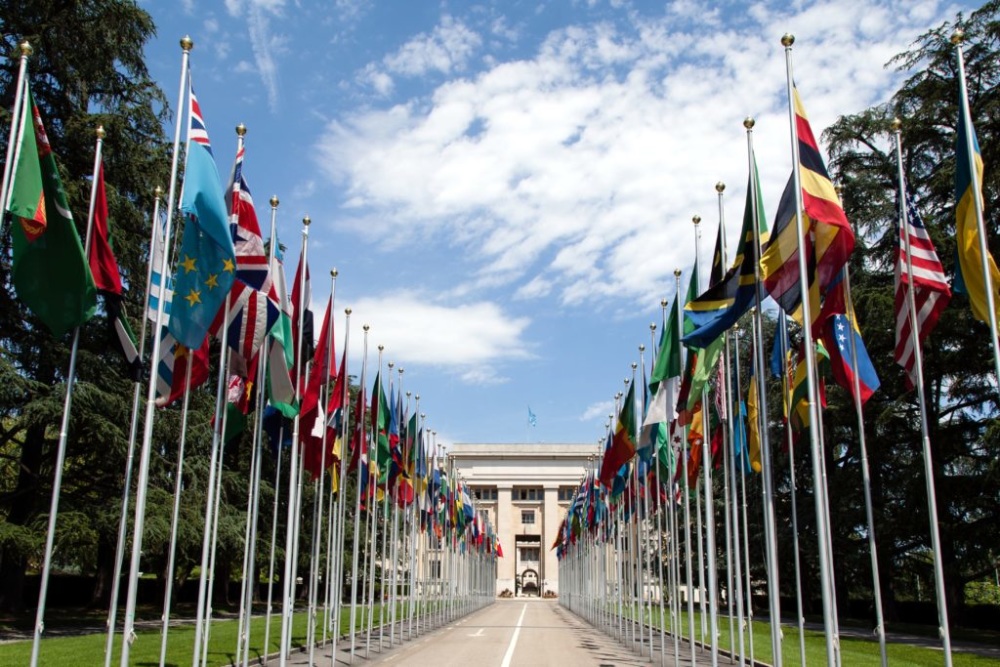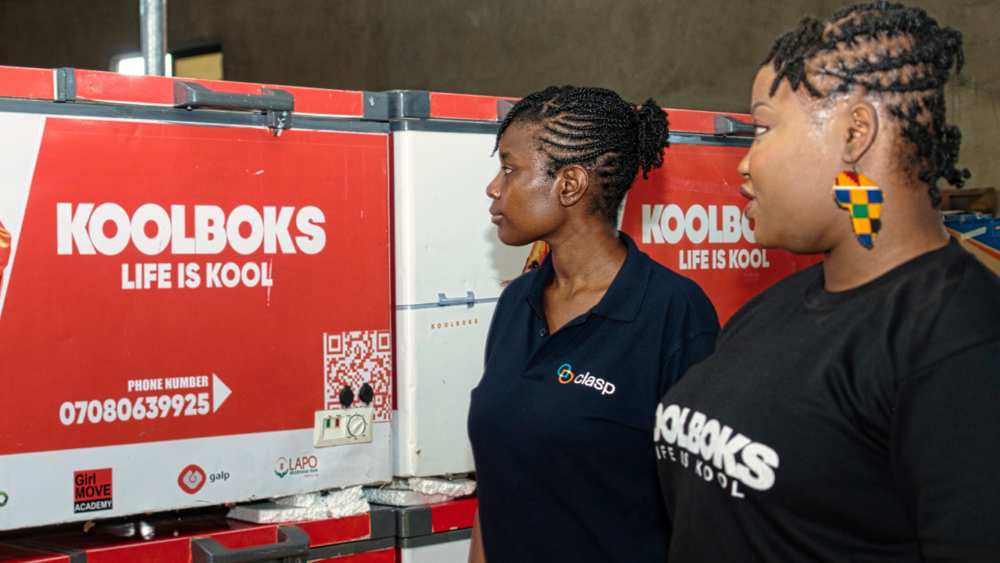Ana Maria Carreño Leads as Senior Director of Climate
After more than a decade strengthening global appliance efficiency policies at CLASP, Ana Maria Carreño is stepping into a new role as Senior Director of our Climate portfolio.
Following an 11-year tenure of notable accomplishments, CLASP’s Ana Maria Carreño is stepping into a new role as Senior Director of Climate. In this role, Ana will lead our climate portfolio, overseeing and expanding programs to reduce emissions from appliances across more than 40 countries.
Leading a Global Campaign to End Toxic Lighting
Over the past year and a half, Ana Maria served as Deputy Director of the Clean Lighting Coalition (CLiC), a global effort to ban fluorescent lighting under the Minamata Convention on Mercury. In March, she represented CLiC at the Convention’s fourth Conference of Parties (COP4), supporting negotiations where 137 Parties agreed to phase out compact fluorescent lighting by 2025. This action will reduce mercury pollution by 26.2 metric tonnes and CO₂ emissions by 261.5 million metric tonnes from 2025-2050. Clean lighting advocates expect to make further progress at the next COP.
Supporting Sustainable Cooling in a Heating World
Prior to CLiC, Ana Maria played an instrumental role in implementing sustainable cooling programs under the Kigali Cooling Efficiency Program (now the Clean Cooling Collaborative). Starting in 2017, Ana led extensive cooling activities, including market research and analysis, to drive more ambitious policies across 6 countries in Southeast Asia, Africa and Latin America. Some of the notable accomplishments under K-CEP include a Kenya National Cooling Action Plan, standards for refrigerators and air conditioners in Kenya, and a revision of the labeling policy for air conditioners in Brazil. CLASP still supports national cooling programs, making major efficiency advances in India, Pakistan, Thailand, Brazil, and beyond.
Ana also led the publication of a CLASP report on the dumping of inefficient AC units in African countries. The report showed that almost half of all room air conditioning units sold in the 10 focus countries were models that used ozone-depleting refrigerants banned or in the last stages of a phase-out in wealthier manufacturing countries. Using CLASP’s research as evidence, Ghana, on behalf of the African Parties to the Montreal Protocol, submitted a draft decision proposing next steps in stopping the environmentally harmful dumping of new and used cooling appliances that are also inefficient and/or use obsolete refrigerants.
Ana’s leadership and deep practical understanding of global cooling regulations has been invaluable to the international community, ensuring that technology transitions are equitable. “Our comprehensive work across different countries on cooling equipment is so important in the fight against climate change, especially in a warming world. Efficient cooling appliances offer significant energy and cost savings for people and governments and can reduce greenhouse gas emissions. In addition, efficiency policies that prevent dumping protect people from substandard products and their negative impact on the environment.”
Building Strong Relationships
As a trained engineer, Ana Maria says her strengths lie in analysis and strategic thinking. However, developing trusting relationships is crucial to effective action. Through CLiC, Ana Maria and the CLASP team brought together partners across new sectors – like environmental advocacy and the chemical community – to build support and awareness in areas beyond our scope of appliance efficiency.
She also attributes CLASP’s past successes to our ability to complement governments’ existing goals. “To build that trust, we have to respond to the government’s needs and demonstrate that our work produces good outcomes. And by bringing more voices to the table that represent different views, we can be the most effective.”
“By bringing more voices to the table that represent different views, we can be the most effective.”
_______________
For more on Ana Maria’s work and the Climate team’s portfolio, visit our Climate page. This article is part of a series on CLASP’s new leadership changes, highlighting the amazing work our team has done and is yet to do. Sign up for our newsletter below to stay updated.









